Non-pharmacological treatment changes brain activity in patients with dementia
4.5 (680) In stock
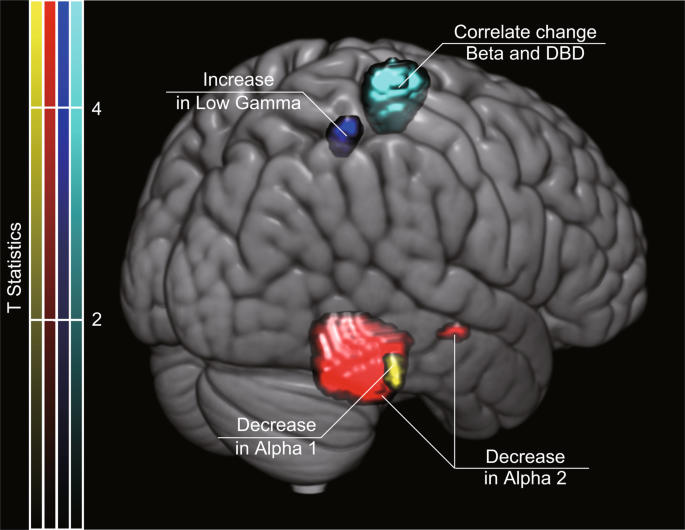
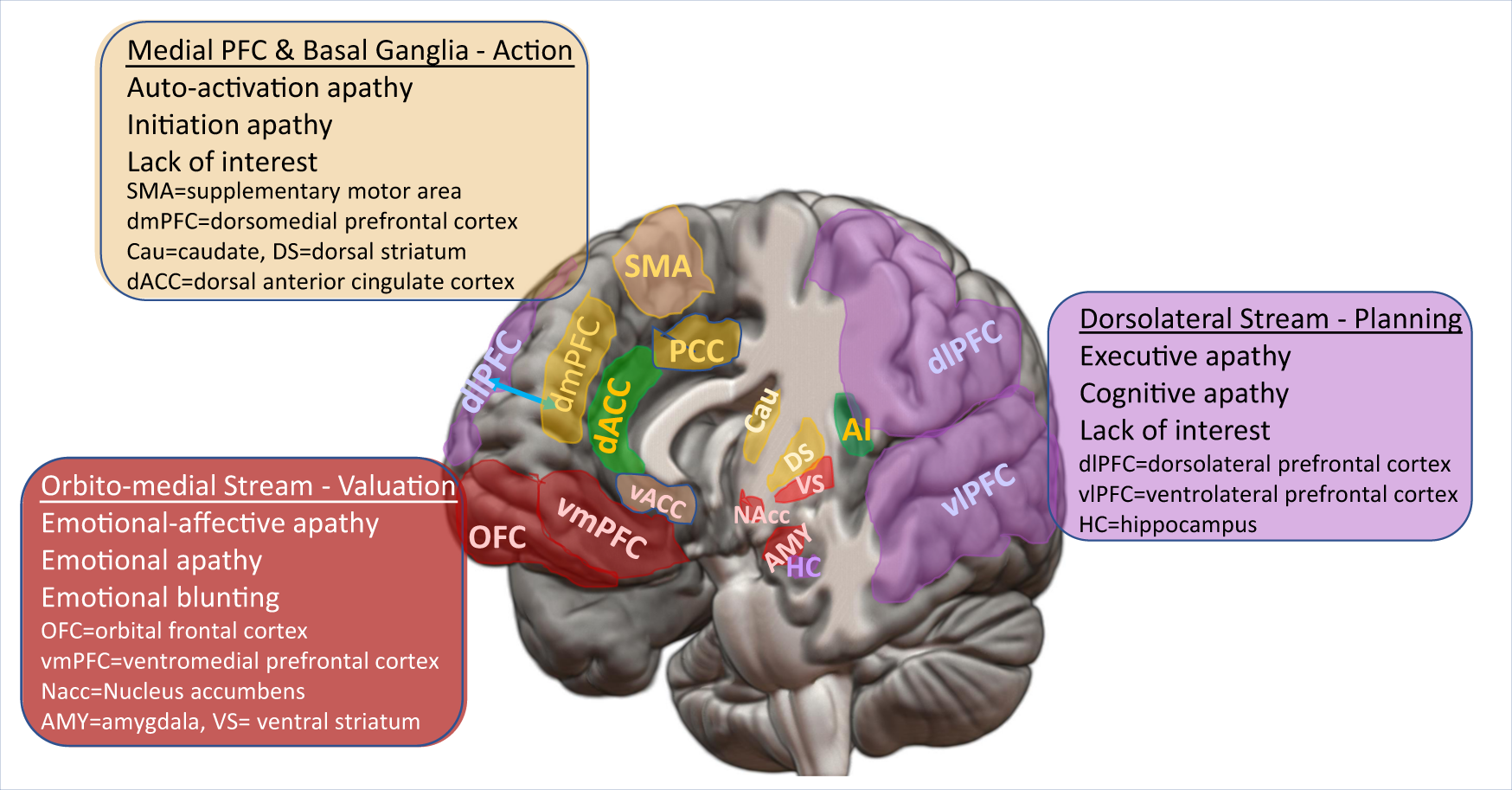
The neurobiology of apathy in depression and neurocognitive impairment in older adults: a review of epidemiological, clinical, neuropsychological and biological research
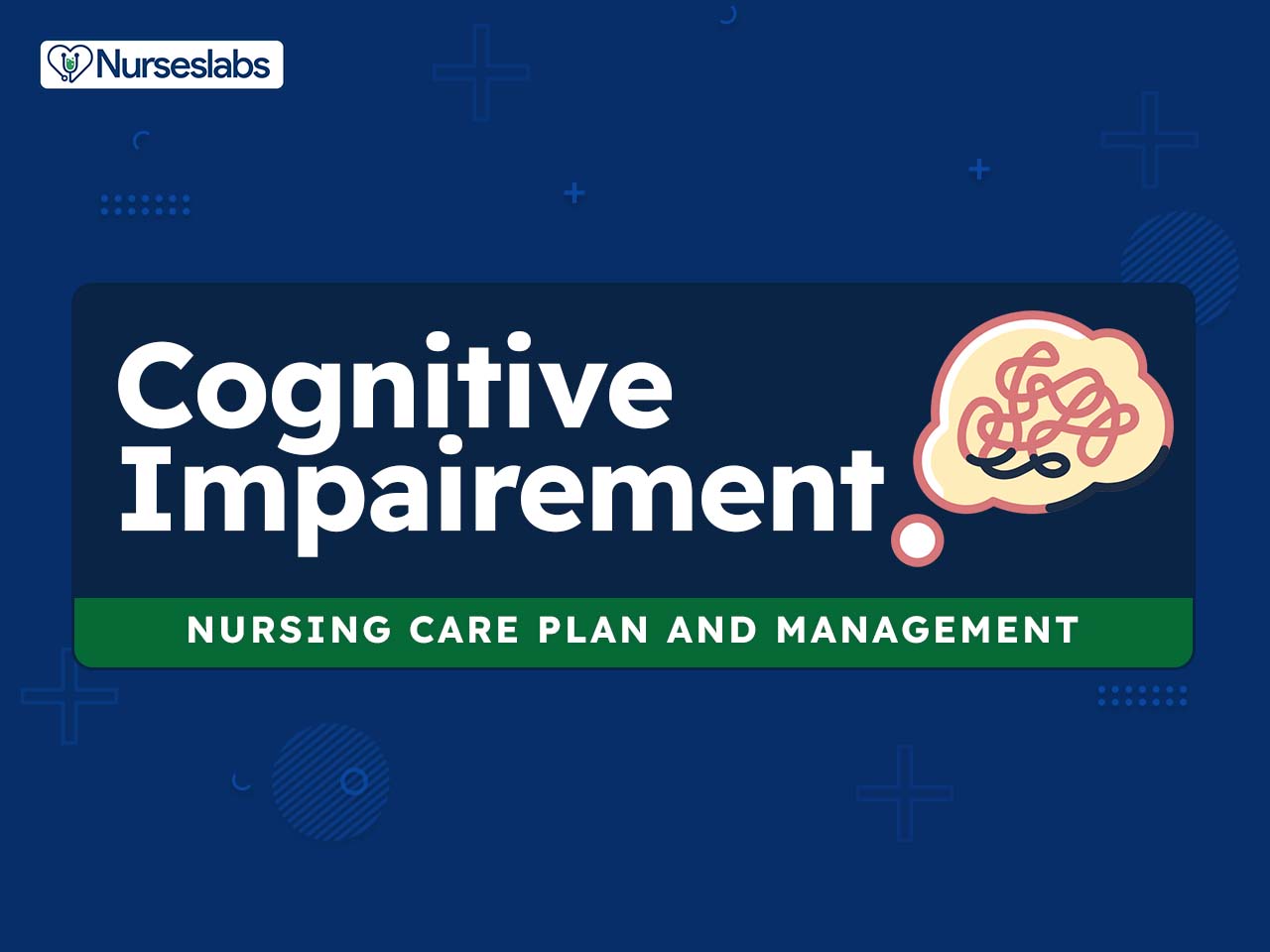
Disturbed Thought Processes (Cognitive Impairment) Nursing Diagnosis and Care Plan - Nurseslabs
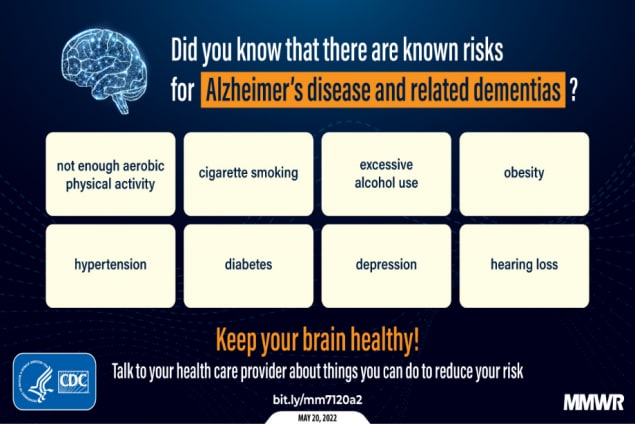
Dementia Risk Reduction

27-H (HA) Cognitive Benefits of Music Therapy in Persons Living With Alzheimer's Disease

Frontiers A quasi-experimental mixed-method pilot study to check the efficacy of the “SOUND” active and passive music-based intervention on mental wellbeing and residual cognition of older people with dementia and dementia
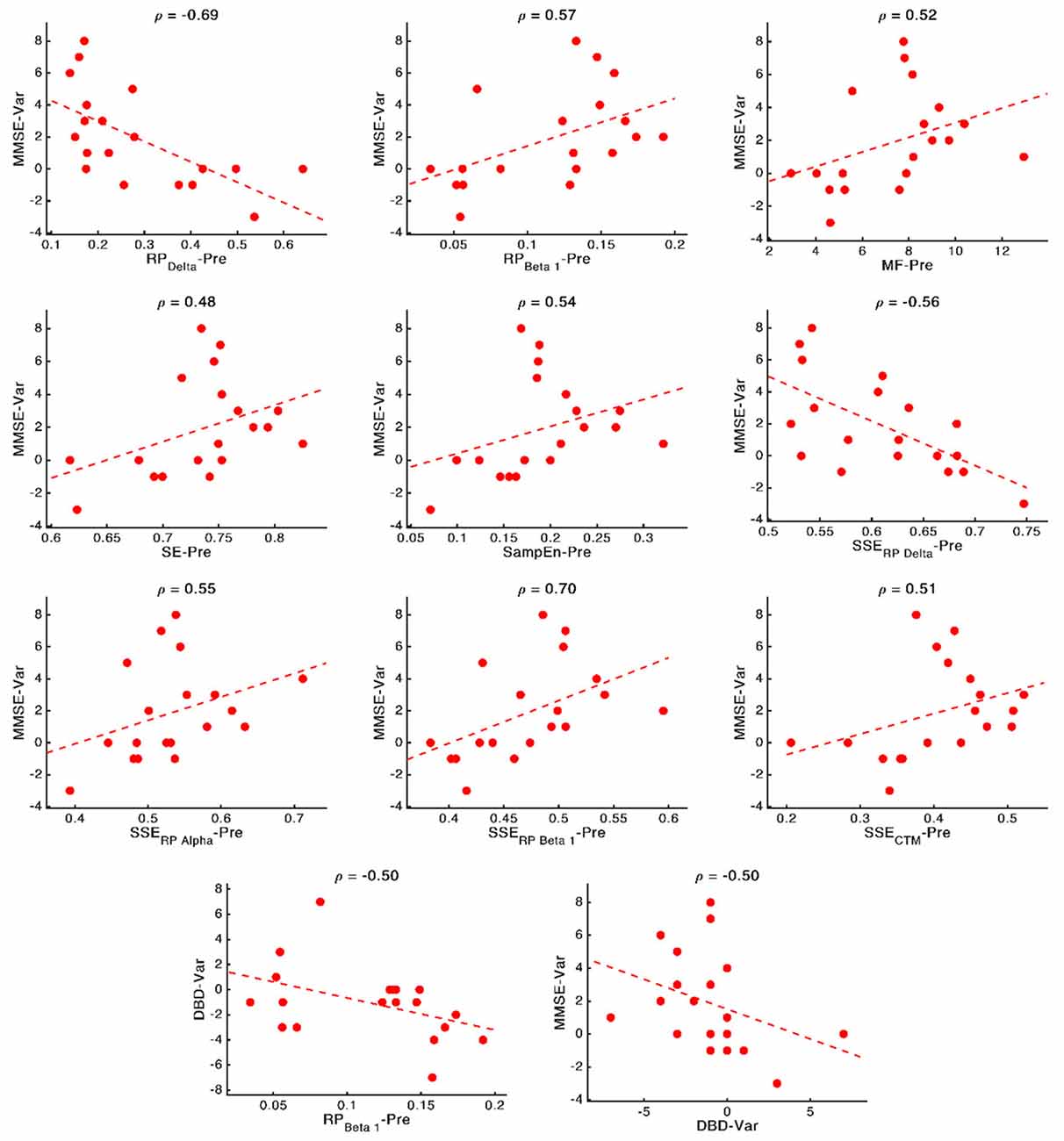
Frontiers Exploring the Interactions Between Neurophysiology and Cognitive and Behavioral Changes Induced by a Non-pharmacological Treatment: A Network Approach
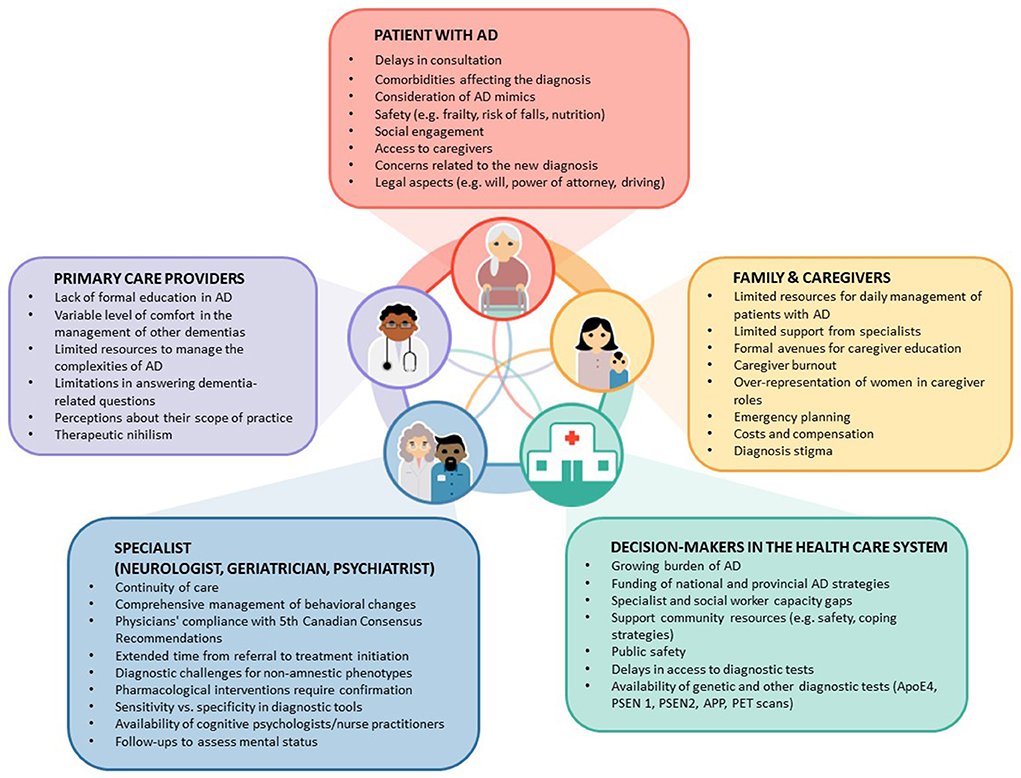
Frontiers Decision making under uncertainty in the diagnosis and management of Alzheimer's Disease in primary care: A study protocol applying concepts from neuroeconomics

All you need to know about brain scans and dementia - Alzheimer's Research UK

Lifestyle changes can reduce dementia risk by maintaining brain plasticity — but the time to act is now
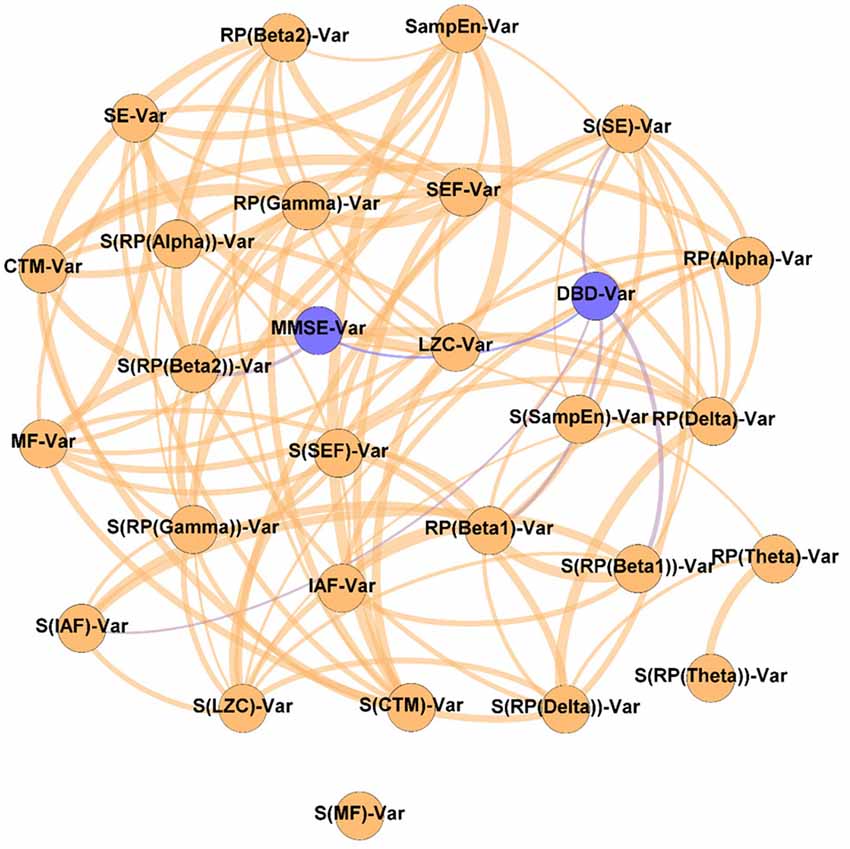
Frontiers Exploring the Interactions Between Neurophysiology and Cognitive and Behavioral Changes Induced by a Non-pharmacological Treatment: A Network Approach

Tmcgrew PICOTQuestionDementia 052022.docx - 1 Dementia PICOT Question Tiesha McGrew Rasmussen University Nur2571: Professional Nursing 2 Professor
Blood Clot in Brain: Types, Reason & Treatment
Science Says Period Brains Aren't A Thing: Women Are Not Surprised - Our Bodies Ourselves Today
The Cycle of Alcohol Addiction National Institute on Alcohol Abuse and Alcoholism (NIAAA)
 Fashion, Underwear, Women, Bras, 34 B/C/D/DD
Fashion, Underwear, Women, Bras, 34 B/C/D/DD Plus Size Black & White Skull Rockabilly Flare Dress
Plus Size Black & White Skull Rockabilly Flare Dress Pin on Fitness & Body Inspiration
Pin on Fitness & Body Inspiration nuLOOM Aster Chunky Knit Wool Ivory 4 ft. x 6 ft. Area Rug VECB01A-406 - The Home Depot
nuLOOM Aster Chunky Knit Wool Ivory 4 ft. x 6 ft. Area Rug VECB01A-406 - The Home Depot Lucci Lu 4173 Short Velvet Sequin One Shoulder Homecoming Dress Formal – Glass Slipper Formals
Lucci Lu 4173 Short Velvet Sequin One Shoulder Homecoming Dress Formal – Glass Slipper Formals Everything You Need to Know About RV Toilets and Black Tanks
Everything You Need to Know About RV Toilets and Black Tanks